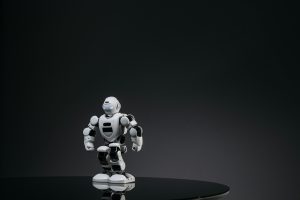Could AI Replace Human Workers First by Eliminating the So-Called “Bullshit Jobs” in Corporations?
Will AI Eliminating Jobs Lead to the Fall of Corporate “Bullshit” Positions?
As artificial intelligence continues to evolve and reshape industries, a pressing question arises: if AI is poised to replace many roles, should we not expect the so-called “corporate bullshit jobs” to vanish first?
Many roles within the corporate world—such as project managers, consultants, or administrative staff—are often criticized for their routine nature: preparing PowerPoint presentations, managing endless email threads, and participating in unproductive meetings. Given this, one might assume that these administrative or managerial roles are more vulnerable to automation and AI-driven efficiencies than more hands-on positions like housekeepers or factory workers.
This brings us to an intriguing point about the future labor landscape. If AI-driven automation is set to streamline or eliminate certain tasks, why do some academic disciplines seem more at risk than others? For instance, how do fields like humanities, languages, design, or computer science compare to subjects like economics, finance, or administrative studies regarding automation vulnerability?
Understanding these dynamics is essential as we navigate the evolving world of work. It’s not just about which jobs will disappear but also about recognizing which roles might become obsolete and how educational backgrounds influence this transition. While some sectors may stand to benefit from AI efficiencies, others may require a reassessment of their relevance in an increasingly automated workplace.
The conversation about AI and employment is complex and multifaceted. As we look ahead, the challenge will be to adapt and equip ourselves for a future where the nature of work continues to transform—a future perhaps free from the redundancy of what some call “bullshit jobs,” but also one where new opportunities and roles will emerge in their place.














Post Comment